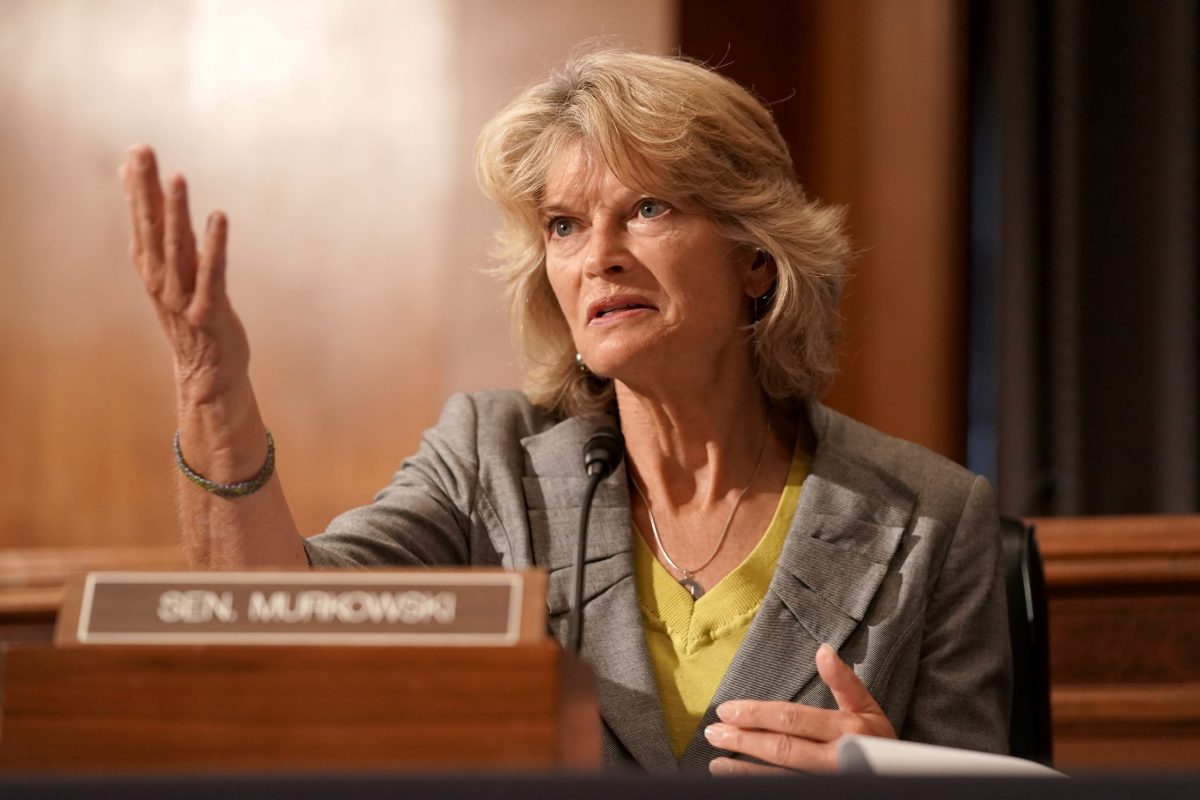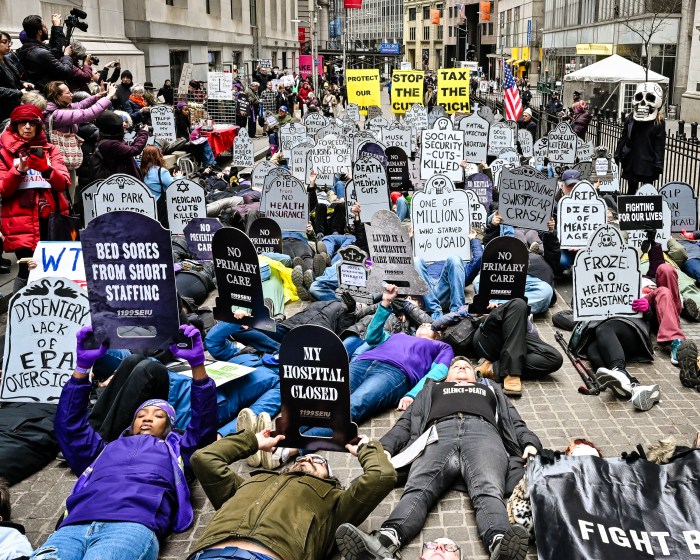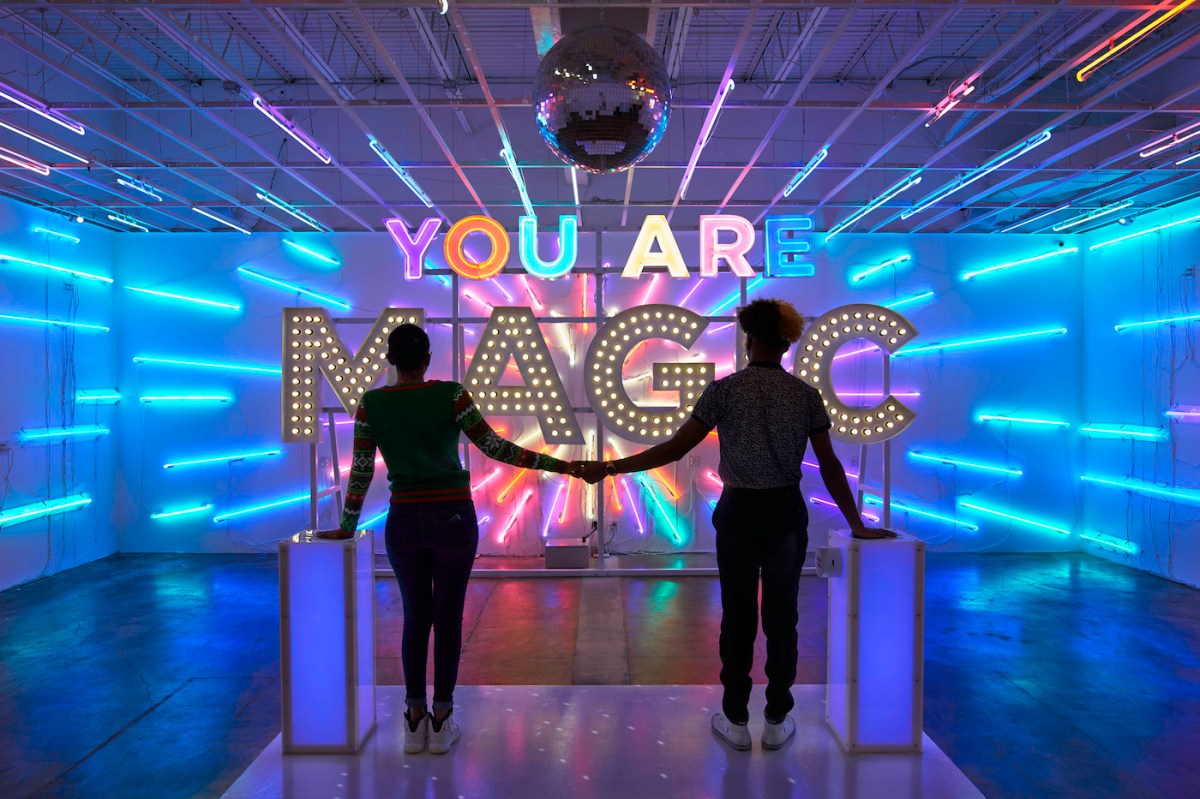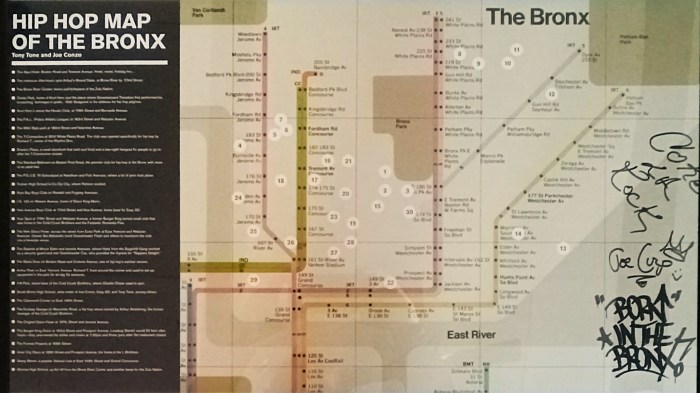BY SUSAN HEAVEY AND ANDREW CHUNG
A second Republican in the U.S. Senate on Sunday voiced objections to President Donald Trump’s plan to fill a vacancy on the Supreme Court weeks before an election that would cement a 6-3 conservative majority.
Hours before Trump’s rival in November, former Vice President Joe Biden, was due to address the plan, Senator Lisa Murkowski of Alaska said she did not support the move, becoming the second of the 53 Republicans in the 100-seat chamber to object publicly following the death of liberal Justice Ruth Bader Ginsburg on Friday.
Trump’s plan to quickly fill the vacancy drew immediate criticism from Democrats, who noted that in 2016 Republican Senate Majority Leader Mitch McConnell blocked a vote on a Democratic appointee, saying it was inappropriate to do so in an election year.
“I did not support taking up a nomination eight months before the 2016 election to fill the vacancy created by the passing of Justice Scalia,” Murkowski said in a statement. “We are now even closer to the 2020 election – less than two months out – and I believe the same standard must apply.”
Senator Susan Collins of Maine voiced similar concerns on Saturday. Collins is locked in a tight re-election battle, while Murkowski’s current term extends two more years.
Justice Antonin Scalia, a close friend of Ginsburg’s, died in February 2016, but McConnell blocked a vote on Democratic President Barack Obama’s Supreme Court nominee, Merrick Garland.
Trump on Saturday said he will make his nomination this week and named Amy Coney Barrett of the Chicago-based 7th Circuit and Barbara Lagoa of the Atlanta-based 11th Circuit as possible candidates to fill the vacancy created by Friday’s death of liberal icon Ruth Bader Ginsburg.
The passing of Ginsburg upended the November election contests, energizing both Trump’s conservative base – eager to see the court overturn the 1973 Roe v. Wade decision that legalized abortion nationwide – and presenting new complications in the battle for control of the U.S. Senate.
“I will be putting forth a nominee next week. It will be a woman,” Trump said at a campaign rally in Fayetteville, North Carolina, where supporters chanted “fill that seat.” “I think it should be a woman because I actually like women much more than men.”
Biden, who stayed out the public eye on Saturday, will speak at about 2 p.m. ET, his campaign said.
Trump and McConnell have time to make the nomination and schedule a vote. While elections are on Nov. 3, a new Congress won’t be sworn in until Jan. 3, with the winner of the presidential contest sworn in on Jan. 20.




































